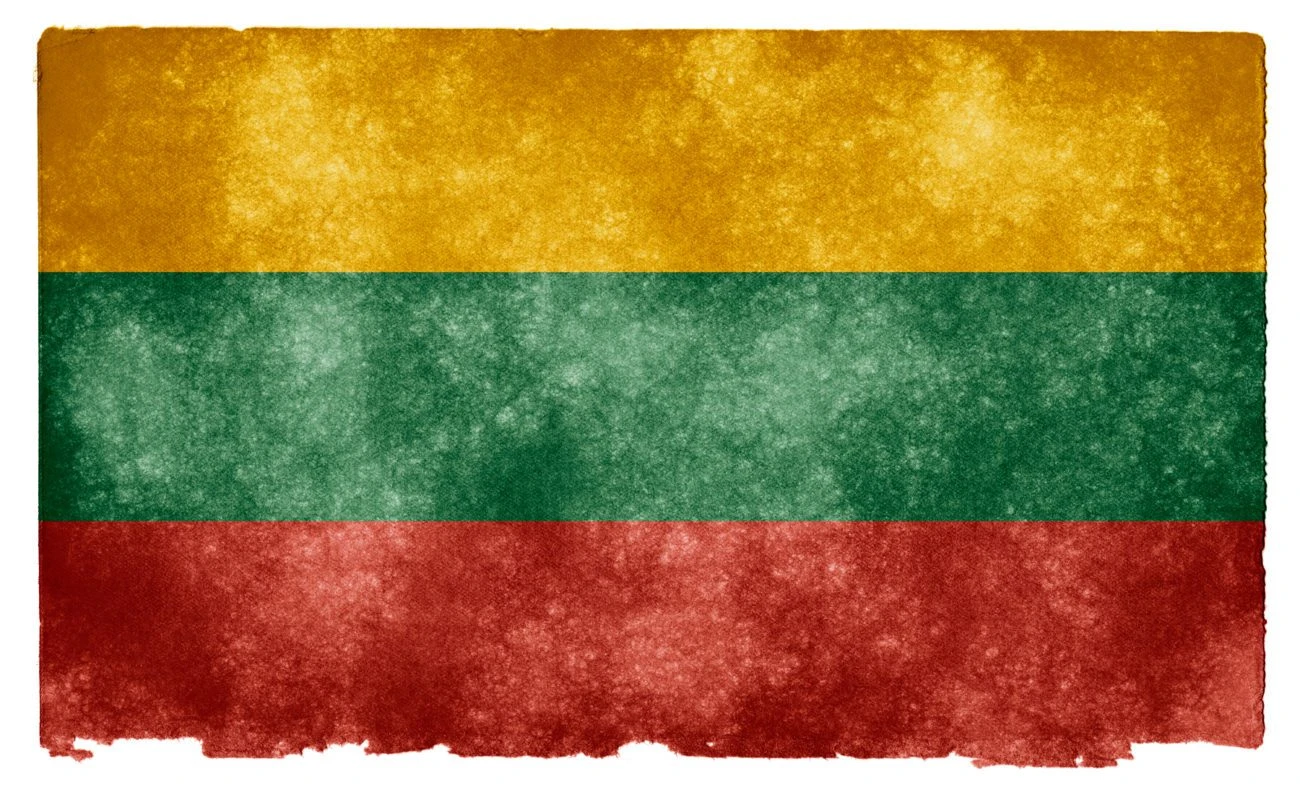Lithuanian lottery turnover up 10.1% in first nine months of 2019

The Lithuania Gambling Supervisory Authority has revealed that turnover from regulated lottery gaming in the country during the nine months to 30 September 2019 climbed 10.1% year-on-year to €82.3m (£70.2m/$91.2m).
Operators that run lottery games in Lithuania sold a total of 85.2m tickets in the three-quarter period, up 14.0% on 74.7m in the corresponding period last year.
Lottery in Lithuania is spread across the categories of digital, instant, classic and sports. Instant was the most popular form of lottery in the period, accounting for 59.7% of ticket sales.
In terms of online gaming, consumers spent $5.9m on internet lottery during the nine months, representing 7% of total sales. Players won a total of €4.1m via online lottery games.
Total player winnings for the period amounted to €46.3m, up 14.7% on last year, which in turn meant operators turned a collective gross profit of €35.9m, an increase of 4.6% on €34.3m in the first nine months of 2018.
The Authority also revealed that licensed operators paid a total of €13.9m in tax for lottery gaming, while such companies also donated a collective €6.6m to charity and support projects.
Confirmation of the results comes after the Authority last month reported that new research showed online gambling participation rates in Lithuania almost doubled between 2017 and 2019, despite an overall decline in gaming activity.
Based on the responses of 1,001 people from across the country, research found that 10% had gambled, down from 13% when a similar study was carried out in 2017.
However, there was a significant increase in the amount of people gambling online, with this increasing from a 16% share in 2017 to 30% in the new study.
Image: Nicolas Raymond
